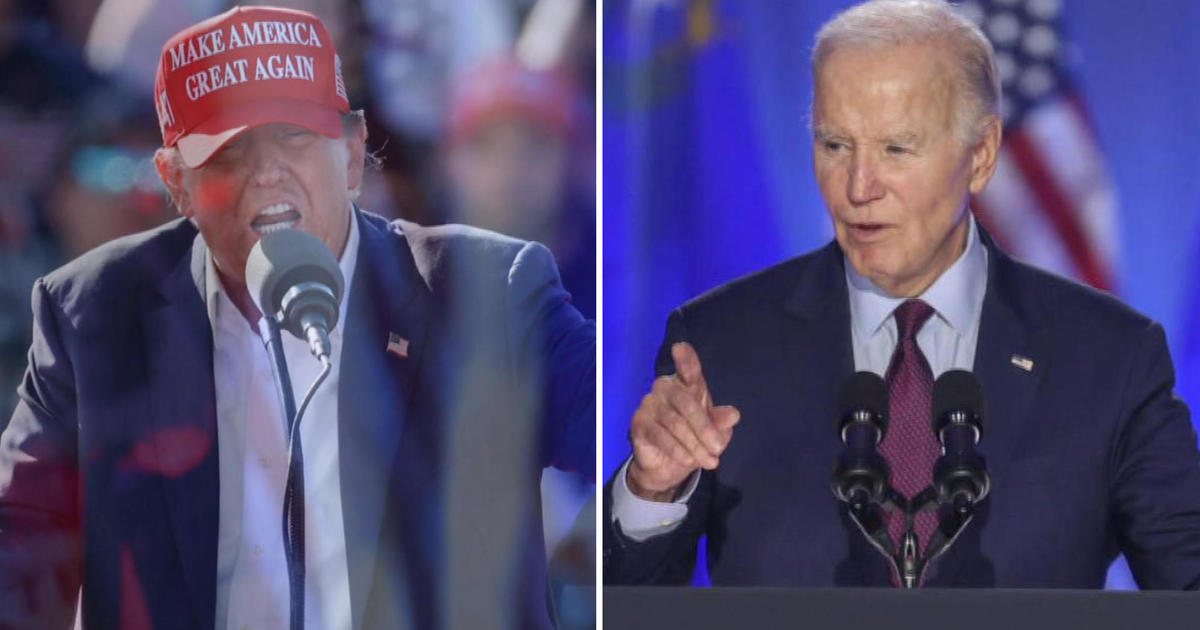Many voters in Arizona are expressing dissatisfaction with the options for the 2024 presidential election. Democrats, Republicans, and independent voters in this battleground state are all feeling disillusioned with the candidates that are being presented to them. Weijia Jiang of CBS News reports on the general sentiment among voters in Arizona, highlighting the widespread discontent that is being felt across different political affiliations.
One of the key factors contributing to voter dissatisfaction is the lack of strong candidates that are resonating with voters. Many individuals feel that the current pool of candidates does not inspire confidence or excitement, leading to a sense of disillusionment with the political process. This sentiment is particularly pronounced in a state like Arizona, which is known for being a crucial battleground in presidential elections.
Another factor that is contributing to voter dissatisfaction is the perceived lack of authenticity and sincerity among the candidates. Voters are looking for leaders who are genuine, relatable, and in touch with the concerns of ordinary Americans. When candidates come across as inauthentic or disconnected, it can further erode trust and confidence in the political system.
The issue of policy and ideology is also playing a significant role in shaping voter dissatisfaction. Many voters in Arizona feel that the current candidates are not addressing their concerns or priorities effectively. There is a sense that the political discourse is becoming increasingly polarized, making it difficult for voters to find common ground or feel represented by the candidates that are on offer.
Overall, the prevailing sentiment among Arizona voters is one of discontent and frustration with the current state of politics. Many individuals feel that the options for the 2024 presidential election are lacking in terms of inspiring leadership, authenticity, and alignment with the concerns of the electorate. This discontent is likely to shape the political landscape in Arizona and beyond as voters grapple with the decision of who to support in the upcoming election.
In conclusion, the dissatisfaction among Arizona voters with the 2024 presidential candidates reflects a broader trend of disillusionment with the political process. As voters in this battleground state express their frustrations with the lack of strong, authentic, and policy-driven candidates, it remains to be seen how this sentiment will impact the outcome of the election and the trajectory of American politics more broadly.









